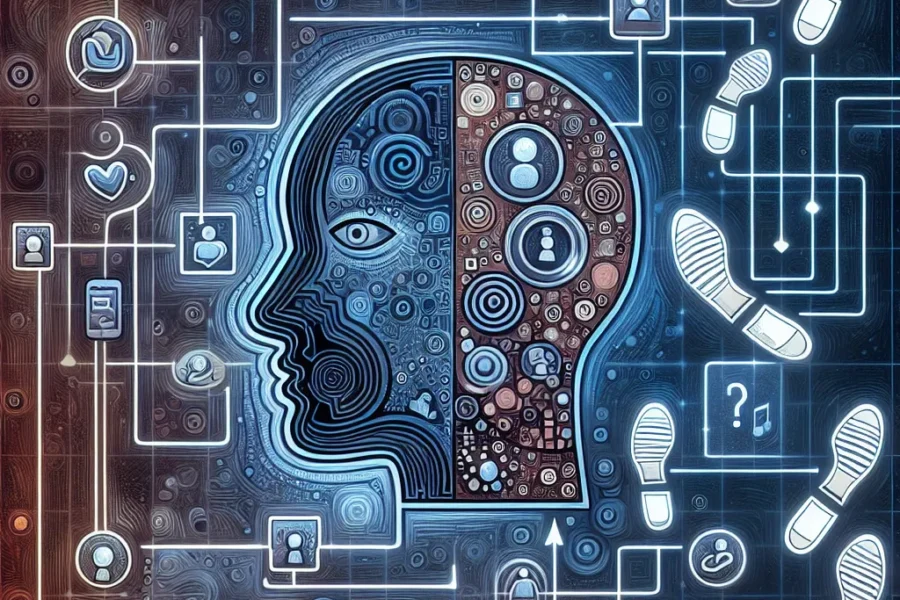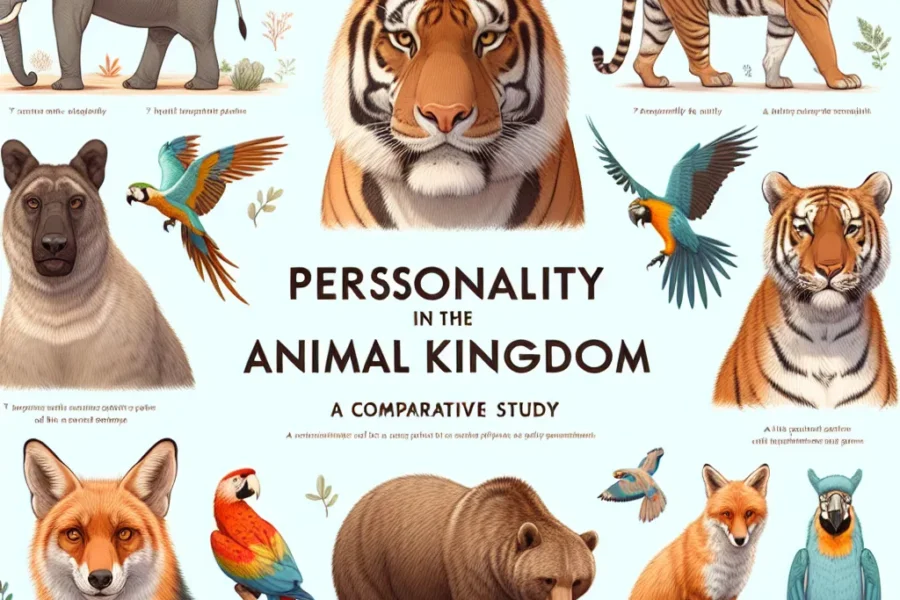The Evolution of Personality: From Childhood to Adulthood
At the core of each individual lies a unique personality, which serves as the foundation for behavior, thoughts, and emotions. The journey of personality development is fascinating, beginning in childhood and undergoing significant transformation throughout the course of a person’s life until reaching full maturation in adulthood. Understanding this evolutionary journey can provide remarkable insights into human behavior and personal growth.
Personality development roots itself deeply in the formative years of childhood. Children start to exhibit distinct personality traits and patterns of behavior early on, influenced by a blend of genetic predispositions and environmental factors. The interplay between nature and nurture during these years sets the stage for the burgeoning character that will continue to evolve with time.
During infancy, the building blocks of personality are laid down through attachment styles as infants respond to the care they receive from their parents or primary caregivers. Secure, anxious-avoidant, and anxious-resistant attachments can have lasting impacts, shaping the ways in which individuals navigate relationships and regulate emotions. As a child grows, their temperament – often thought to be innate – begins to manifest, displaying patterns of attention, arousal, and reactivity that can influence how they interact with the world around them.
The early childhood phase is marked by rapid cognitive development and socialization. At this juncture, Erik Erikson’s psychosocial stages of development highlight the importance of overcoming specific challenges, such as gaining autonomy and initiative. These stages greatly contribute to the maturation of personality, as children learn to assert themselves, work within social groups, and develop self-esteem.
Entering school age, a child is exposed to a wider social environment that includes peers, teachers, and other authority figures. Social learning theory suggests that observational learning, imitation, and modeling are critical during this time, as children absorb and integrate behaviors and attitudes from those around them. This is also the period where children may begin to understand the role of societal expectations and norms, and how they align or clash with their own emerging personalities.
Adolescence brings about its own set of challenges and changes, with hormones and the quest for identity taking center stage. Teenagers experiment with different personas and ideologies as they seek to establish a sense of self. Research has shown that during this time, personality traits such as openness to experience and conscientiousness can fluctuate greatly before beginning to stabilize toward the end of this developmental period.
As young adults step into adulthood, they often experience new roles and responsibilities that promote the evolution of personality. This is frequently a time for setting personal and professional goals, developing long-term partnerships, and possibly raising children, all of which can influence and solidify one’s personality traits. The famed psychologist Carl Jung spoke of the process of individuation in adulthood – a journey toward self-realization and wholeness – highlighting the deep personal growth that individuals can undertake.
In the context of the workplace, theories such as the Big Five personality traits become more apparent as adults navigate their professional identities. Traits such as agreeableness, neuroticism, openness, conscientiousness, and extraversion play out in interactions with colleagues, decision-making processes, and leadership styles.
It’s interesting to note that, while core aspects of personality remain relatively stable, research suggests that people tend to become more agreeable, more conscientious, and less neurotic as they age. This could be due to the accumulation of life experiences, the resolution of earlier psychosocial conflicts, or the natural maturation of the brain and personality.
One can also not underestimate the impact of significant life events on the evolution of personality in adulthood. Events such as marriage, parenthood, career changes, and loss can lead to profound personal growth and shifts in outlook, priorities, and behavior. These experiences test resilience, adaptability, and emotional regulation – all components of an individual’s personality.
An interesting realm of exploration is that of personality disorders, which can become more evident in adulthood if not properly addressed in earlier years. Personality disorders represent extreme and inflexible patterns of thinking, feeling, and behaving that greatly deviate from cultural expectations and interfere with normal functioning. They often have their roots in childhood experiences but manifest more acutely with the complexities and stresses of adult life.
The technological age has also introduced a new dimension to personality development and expression through the use of social media and online platforms. Adults, much like younger generations, craft online personas that may correspond to, or diverge from, their real-world personalities. The impact of digital identities and interactions on personality is an evolving area of psychological inquiry.
In conclusion, the evolution of personality from childhood to adulthood is a multifaceted process influenced by genetics, environment, life experiences, and social interactions. Understanding this journey aids in self-discovery and in the appreciation of human complexity. As we continue to study and learn about personality development, the fascination with the metamorphosis of our individual characters throughout life remains one of the most captivating aspects of psychological science. From the cradle to the pinnacle of adulthood, our personalities are both our most personal signatures and the communal threads that link us to the larger tapestry of human experience.



Leave a Comment